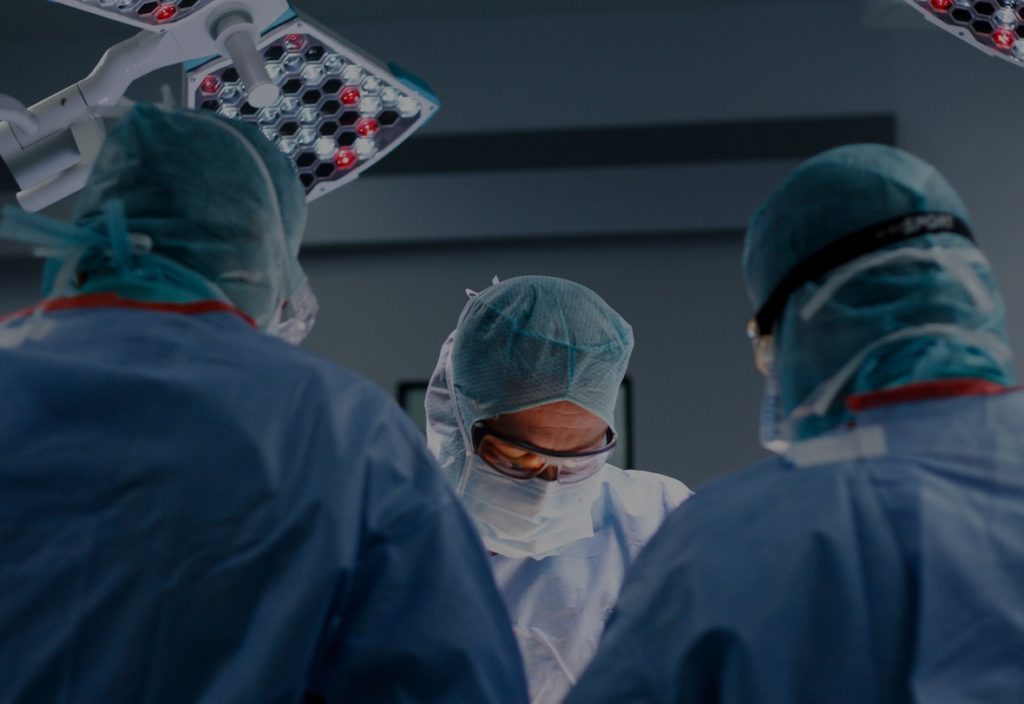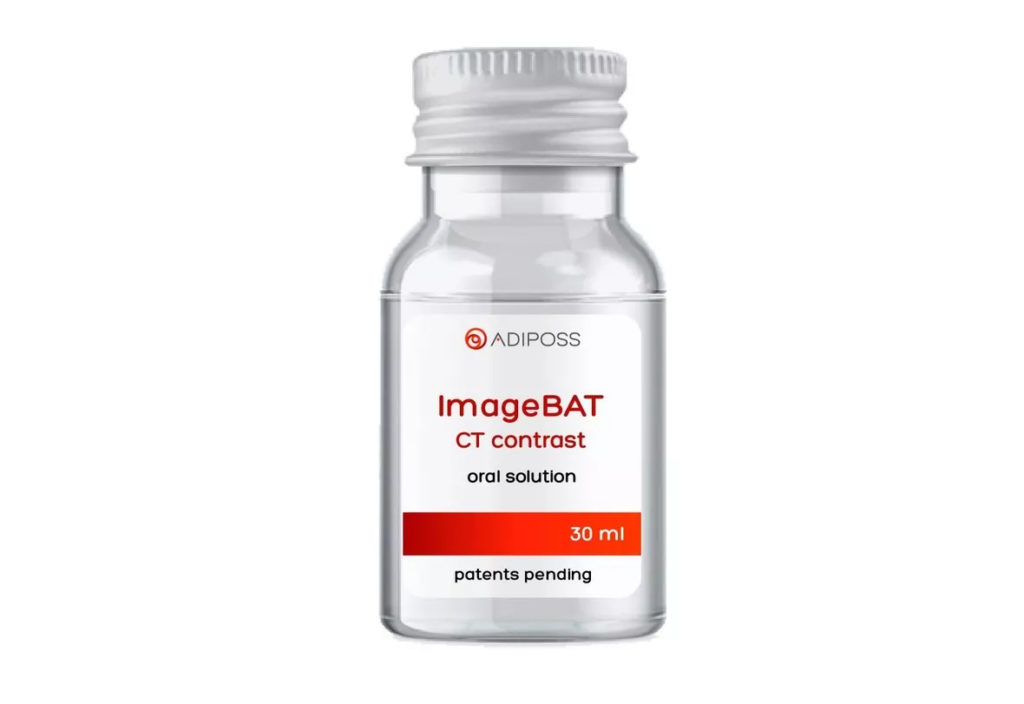
CSEM develops a pioneering implant to support reproductive medicine
7 August 2024
 CERES holds promise beyond the IVF market, potentially helping individuals with Polycystic Ovarian Syndrome (PCOS), those navigating natural pregnancy and conception, and those affected by miscarriage or transitioning through menopause. | © Impli
CERES holds promise beyond the IVF market, potentially helping individuals with Polycystic Ovarian Syndrome (PCOS), those navigating natural pregnancy and conception, and those affected by miscarriage or transitioning through menopause. | © Impli
CSEM, along with start-ups Impli and Yalosys, has developed CERES, an implantable biosensor for real-time fertility hormone monitoring.
CSEM has partnered with Impli and Yalosys to develop CERES, an implantable biosensor for real-time fertility hormone monitoring. This partnership aims to address the rising infertility rates and high costs associated with in vitro fertilization (IVF) treatments by offering a more accessible and efficient solution. The 21-month project is supported by Innosuisse and focuses on the development of a state-of-the-art medical device.
In the critical area of patient care, timely intervention is essential. For women undergoing Assisted Reproductive Technology (ART), this means frequent clinical visits for blood tests. Current methods, including hormone monitoring through urine, saliva and sweat, lack the precision and immediacy needed for real-time clinical decision-making. No other monitors on the market can provide the data specificity and selectivity required for the three hormones essential for IVF.
Impli’s CERES device uses subcutaneous interstitial fluid (ISF) for hormone monitoring over 30 days using electrochemical sensing technology. “It’s a quantum leap from the invasive nature of blood sampling,” said Anna Luisa Schaffgotsch, Impli’s founder and CEO. “CERES offers a resolution previously not capturable, unaffected by variances that can skew blood or urine-based readings. Being implantable, user error is minimized, and patient convenience is maximized. It’s a game-changer for hormone measurement accuracy.”
The Impli and Yalosys consortium has fabricated the first prototype devices and successfully completed bench testing. Luigi Calabrese, Co-Founder and CEO of Yalosys, said: “We aim to advance the development by miniaturizing the devices for human studies, reducing invasiveness and enabling ISO-compliant manufacturing steps.”
A game-changer in real-time hormone monitoring
CSEM’s role in perfecting CERES underscores its mastery of miniaturization, combining chemistry, surface engineering and microprinting expertise. The technology innovation center screens and evaluates various biosensor technologies for hormone detection, sets up benchtop environments for in vitro testing, and optimizes the process through its Tools for Life Sciences team.
Samantha Paoletti, Head of R&BD of Life Science Technologies at CSEM, emphasized the collective expertise: “Our partnership is on track to deliver outstanding advancements within a 21-month initiative funded by Innosuisse. We are committed to meticulously enhancing CERES, elevating it to a sophisticated medical device. By integrating the latest technological innovations, we aim to achieve superior patient care and outcomes. This endeavor is a testament to the powerful synergy of CSEM’s scientific rigor and the dynamic innovation of start-ups, poised to transform the landscape of reproductive health.”

